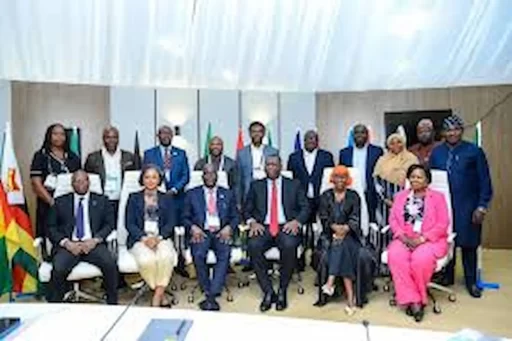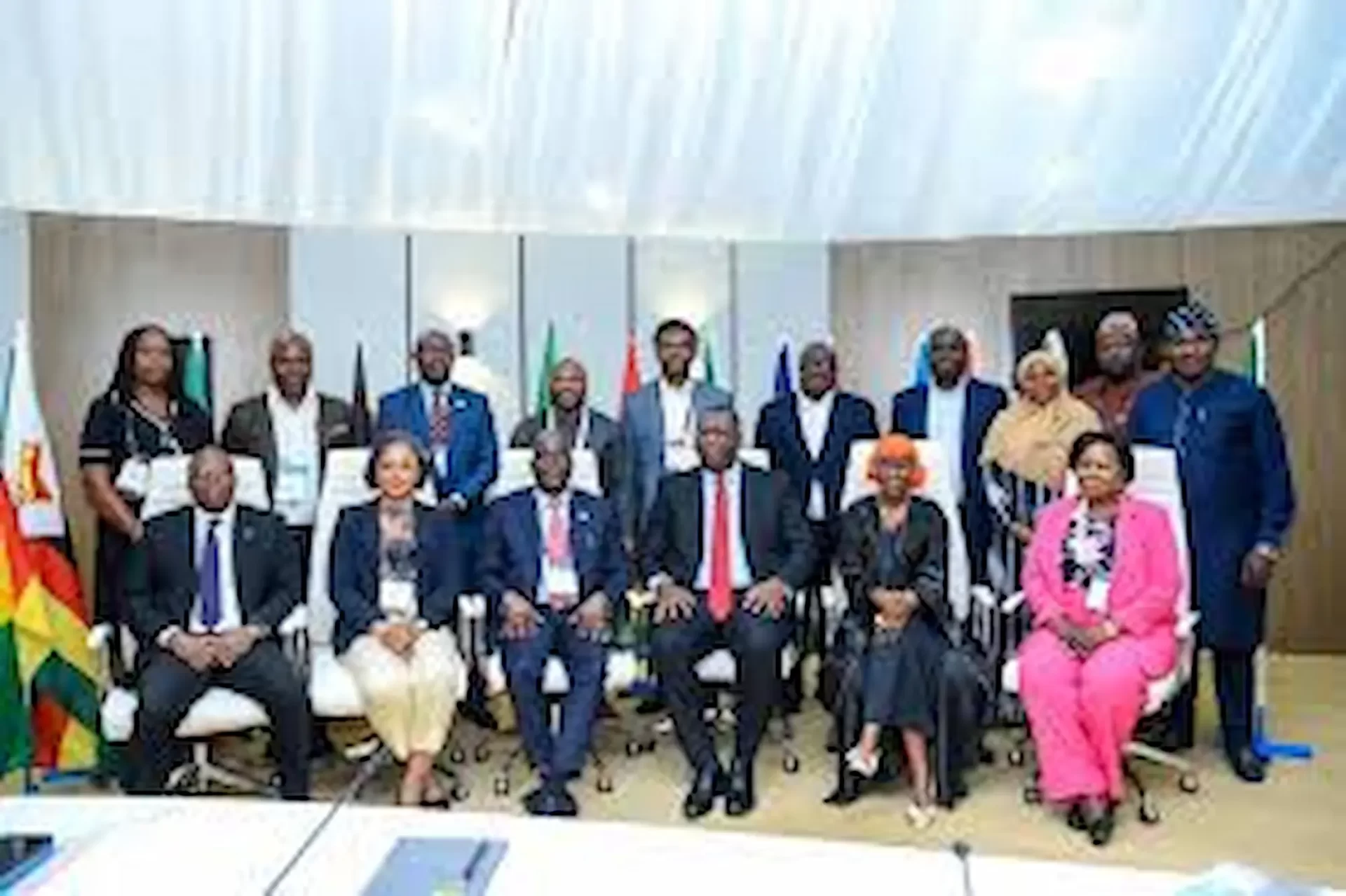African Petroleum Regulators Push for Harmonized Oil Codes
By Naija Enquirer
At the recently concluded Africa Oil Week in Accra, Nigeria spearheaded the launch of the African Petroleum Regulators Forum (AFRIPERF), a landmark initiative backed by 16 countries aimed at creating a unified regulatory framework across the continent’s oil and gas sector.
The founding charter, signed by eight nations Gambia, Ghana, Guinea, Madagascar, Nigeria, Somalia, Sudan, and Togo is designed to align petroleum and gas regulations across Africa. By introducing a harmonized framework for transparency, safety, and environmental standards, AFRIPERF seeks to make Africa’s energy sector more predictable and attractive for international investors.
According to the International Energy Agency (IEA), Africa will require more than $240 billion annually by 2030 to meet its energy and climate targets. The IEA highlighted that fragmented national frameworks and regulatory disparities are among the key barriers limiting access to financing and investment across the continent.
Interim AFRIPERF president and head of Nigeria’s Upstream Petroleum Regulatory Commission (NUPRC), Gbenga Komolafe, emphasized that harmonization is critical for progress. “Harmonization will raise governance standards and boost investor confidence,” Komolafe noted, stressing that the forum’s success depends on how swiftly states align their laws with the agreed framework.
Importantly, AFRIPERF does not override national laws but establishes a common baseline. Each member country will need to adapt its legislation to integrate regional commitments. Nations like Angola and Gabon, which revised their petroleum codes in 2019, may see faster alignment with the new standards.
The Naija Enquirer reports that the credibility of Africa as a destination for oil and gas investment now hinges on whether governments can translate political commitments into enforceable regulations. For governments and private companies alike, the challenge is turning the promise of harmonization into practical realities that support sustainable development.



